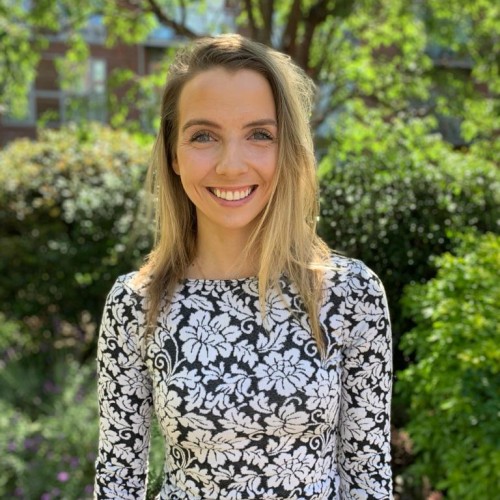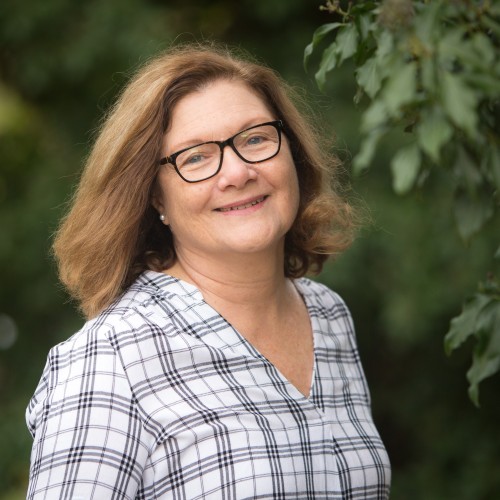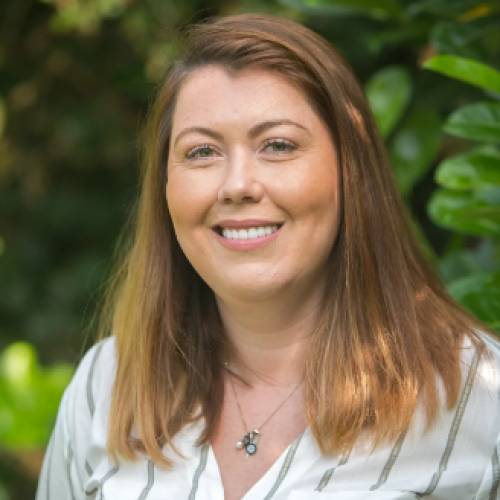
Child Counselling & Play Therapy Services
Supporting Your Child’s Emotional and Mental Wellbeing
Discovering that your child is facing emotional or psychological difficulties can be distressing. As a parent, you want to do everything you can to help. Child counselling and play therapy offer professional support to help your child work through challenges, develop healthy coping skills, and thrive emotionally and socially.
At The Practice, we provide a safe, nurturing environment where children feel understood and supported. Whether your child is struggling with anxiety, behavioural issues, trauma, grief or social difficulties, our experienced Child therapists are here to help.
What Is Child Counselling?
Child counselling is a specialised form of therapy that helps children explore their emotions, behaviours, and experiences in a safe, age-appropriate way. Similar to adult therapy, child counselling provides a non-judgemental space where children can express themselves, process their feelings, and build strategies for emotional resilience.
Children, like adults, may face complex internal struggles. By working with a trained therapist, they can better understand these challenges and begin to feel more secure, confident, and in control.
What Does a Child Therapist Do?
Our qualified child therapists and child psychologists are trained in child development, attachment theory, and therapeutic play techniques. They use a variety of tools—including creative play, storytelling, and art—to help children express their feelings when words may be difficult.
The therapeutic process begins with listening to your concerns as a parent. From there, the therapist works closely with your child to build trust and guide them through their healing journey.
What Happens During Child Therapy Sessions?
Each therapy session is tailored to your child’s individual needs. Children have access to a wide range of therapeutic play materials such as:
-
Art and craft supplies
-
Clay and sensory tools
-
Puppets and small-world figures
-
Musical instruments
-
Storybooks and games
These resources allow children to communicate non-verbally and at their own pace, helping them process emotions safely and creatively.
What Is Play Therapy?
Play therapy is a proven, child-centred approach that helps children explore and make sense of confusing emotions or traumatic events. Unlike traditional talk therapy, play therapy enables children to express themselves through play—a natural and comfortable method of communication for young minds.
This approach is particularly helpful for children who struggle to articulate their feelings verbally.
How Can Therapy Help My Child?
Therapeutic play supports every aspect of a child’s development—emotional, social, cognitive, physical, and language. Some key benefits include:
-
Emotional regulation and resilience
-
Increased self-esteem and confidence
-
Improved relationships with peers and family
-
Better coping strategies for anxiety, anger, or sadness
-
Processing and healing from trauma or loss
Children often use play to re-enact difficult experiences, helping them make sense of the past and prepare for the future in a healthy way.
How Long Does Child Therapy Take?
The duration of therapy depends on your child’s individual needs. Some children benefit from short-term counselling (e.g., up to 12 sessions), while others with more complex challenges may require longer-term support—sometimes up to two years.
Sessions are typically held once a week, at the same time and location. This consistency is crucial for building a secure and trusting therapeutic relationship.
Why Is the Therapeutic Relationship So Important?
A trusting, empathetic relationship between the child and therapist is central to the success of therapy. Children must feel safe, seen, and understood in order to open up emotionally. When your child feels genuinely supported, they are more likely to engage fully and benefit from the therapeutic process.
Parental involvement is also key—your encouragement and understanding can significantly support your child’s progress.
Is Child Therapy Confidential?
Yes, child counselling is confidential. The information you share about your child and family is treated with care and respect. With your permission, therapists may share relevant insights with other professionals involved in your child’s care. If there are concerns about a child’s safety or wellbeing, confidentiality may be broken—but this will be discussed with you beforehand whenever possible.
Your child’s therapist will meet with you after the first six sessions to discuss progress and any changes you may have noticed. However, specific play content remains confidential to protect your child’s trust and sense of safety.
How Can I Support My Child’s Therapy?
As a parent or caregiver, your role is incredibly important. Here’s how you can help:
-
Encourage regular attendance and be consistent
-
Avoid pressuring your child to share what happened in sessions
-
Don’t frame therapy as about being “good” or “bad”
-
Allow your child to express all emotions freely, without judgement
-
Share your concerns directly with the therapist—not through your child
-
Dress your child in clothes suitable for messy or creative play
You may notice changes in behaviour during therapy—sometimes things get harder before they get better. This is a normal part of the healing process. Always feel free to speak to your child’s therapist if you have any concerns.
Now Accepting EHC Plan Referrals
We are pleased to meet the standards for Education, Health, and Care (EHC) plans, and are now accepting referrals under the EHC referral process.
Get in Touch
If you're concerned about your child’s emotional wellbeing, early intervention can make a lasting difference.
Contact us today on 0333 0096 321 to learn more about our child counselling and play therapy services or to book an initial consultation.
Helpful articles often written by our fabulous practitioners.
Find a Practitioner:
Masters in Integrative Counselling and Psychotherapy for Children, Adolescents and Families, BA in Child Development, PG Dip in Psychotherapy and Counselling, MBACP
Jessica is an integrative psychotherapist for children, adolescents and their families. She has worked both in primary schools, secondary schools and charity settings.
MA Counselling in Educational Settings, MBACP
While Pam’s training was predominantly in psychodynamic psychotherapy, she favours a more integrated approach combining psychodynamic exploration with other therapeutic approaches.
MSc Psychotherapy and Counselling, BSc Integrative Counselling, MSAFPAC, UKCP Acred, Supervisor (Children 11+ - adult)
As an integrative practitioner Samantha draws on several different theoretical approaches to suit her clients’ needs. She creates a safe non-judgmental space for her clients to feel supported and heard.


